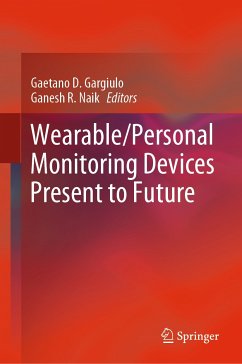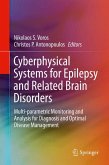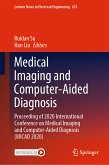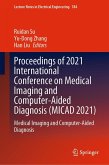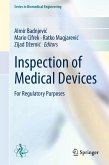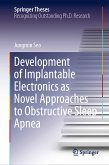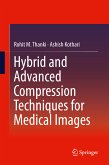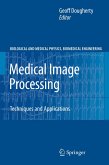Although it chiefly focuses on wearable devices and provides comprehensive descriptions of all the core principles of personal monitoring devices, the book also features a section on devices that are embedded in smart appliances/furniture, e.g. chairs, which, despite their limitations, have taken the concept of unobtrusiveness to the next level.
Wearable and personal devices are the key to precision medicine, and the medical community is finally exploring the opportunities offered by long-term monitoring of physiological parameters that are collected during day-to-day life without the bias imposed by the clinical environment. Such data offers a prime view of individuals' physical condition, as well as the efficacy of therapy and occurrence of events.
Offering an in-depth analysis of the latest advances in smart and pervasive wearable devices, particularly those that are unobtrusive and invisible, and addressing topics not covered elsewhere, the book will appeal to medical practitioners and engineers alike.
Dieser Download kann aus rechtlichen Gründen nur mit Rechnungsadresse in A, B, BG, CY, CZ, D, DK, EW, E, FIN, F, GR, HR, H, IRL, I, LT, L, LR, M, NL, PL, P, R, S, SLO, SK ausgeliefert werden.

